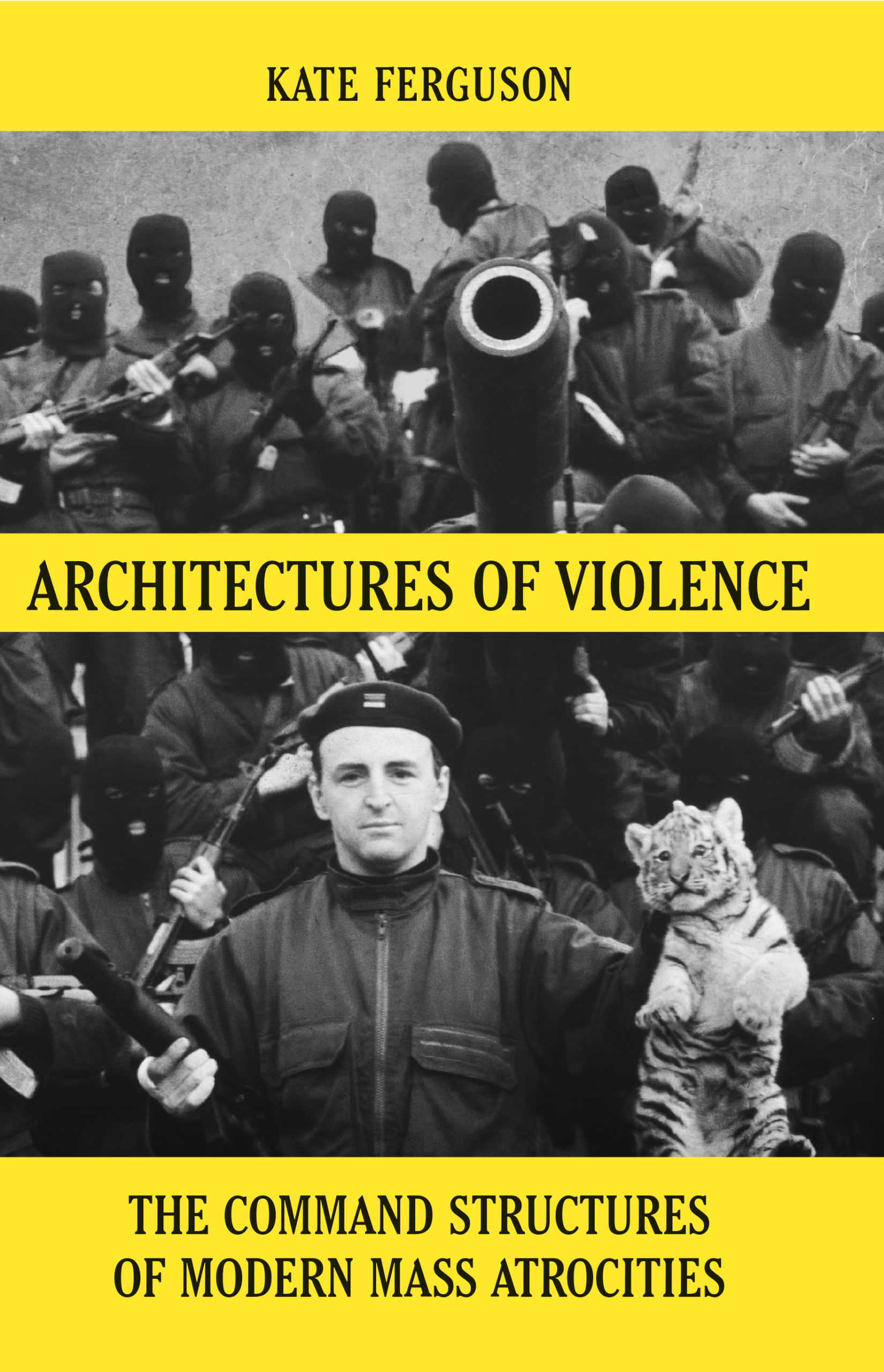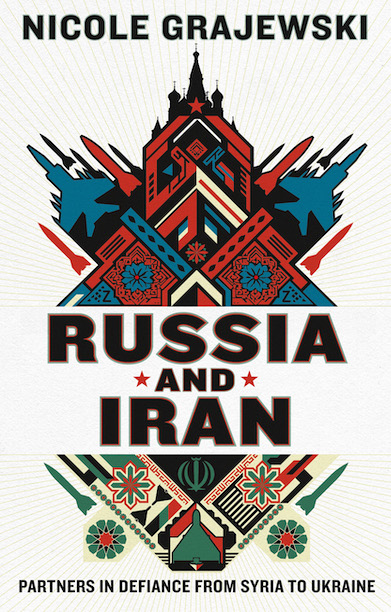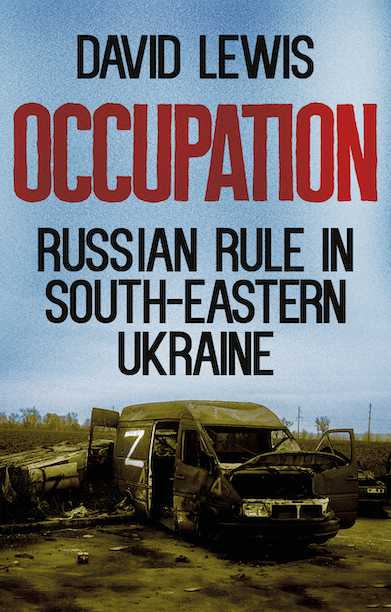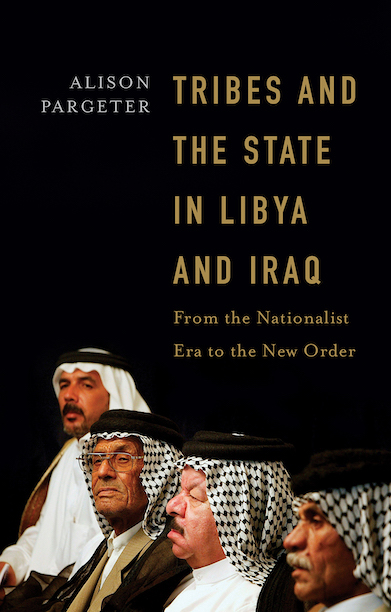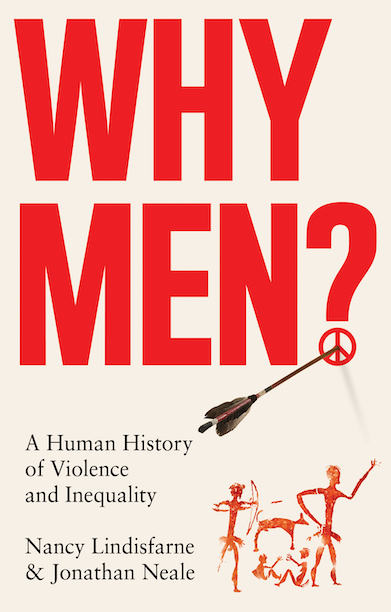Architectures of Violence
The Command Structures of Modern Mass Atrocities
Most atrocities are committed by states yet they hide their culpability by recourse to paramilitary forces, as Ferguson explains.
Description
Paramilitary or irregular units have been involved in practically every case of identity-based mass violence in the modern world, but detailed analysis of these dynamics is rare. Through exploring the case of former Yugoslavia, Kate Ferguson exposes the relationships between paramilitaries, state commands, local communities, and organised crime present in modern mass atrocities, from Rwanda and Darfur to Syria and Myanmar.
Visible paramilitary participation masks the continued dominance of the state in violent crises. Political elites benefit from using unconventional forces to fulfil ambitions that violate international law—and international policy responses are hindered when responsibility for violence is ambiguous. Ferguson’s inquiry into these overlooked dynamics of mass violence unveils substantial loopholes in current atrocity prevention architecture.
Reviews
‘Architectures of Violence is an important book for anyone committed to the prevention of mass atrocities. Kate Ferguson challenges pervasive assumptions about where these crimes come from and sets us on the road to more effective prevention strategies.’ — Adama Dieng, UN Secretary-General’s Special Adviser for the Prevention of Genocide and former registrar of the International Criminal Tribunal for Rwanda
‘This book provides a new understanding of the role of non-state military actors in identity-based conflicts. It is rich in detail and will contribute much to our understanding of the nature of non-state armed groups—rigorous and insightful.’ — Rachel Kerr, Reader in International Relations and Contemporary War, King’s College London
‘Architectures of Violence is a well-written, comprehensive study of paramilitarism during the wars in Yugoslavia in the 1990s. Ferguson strikes a good balance between empirical depth and conceptual breadth—her conclusions are relevant beyond the specific dynamics of that conflict.’ — Uğur Üngör, Professor of Holocaust and Genocide Studies, University of Amsterdam
Author(s)
Dr Kate Ferguson is a foreign policy expert specialising in atrocity prevention and civilian protection. She is Co-Executive Director of Protection Approaches, a charity she co-founded in 2014 to change how the world views hate and other forms of identity-based violence – and by so doing, change the way communities, governments and international institutions respond to and prevent it. She is the first Chair of Policy at the European Centre for the Responsibility to Protect and Honorary Research Fellow at the University of East Anglia. Kate has an MPhil in Russian and East European Studies from the University of Oxford and a PhD from the University of East Anglia. She tweets at @WordsAreDeeds.
